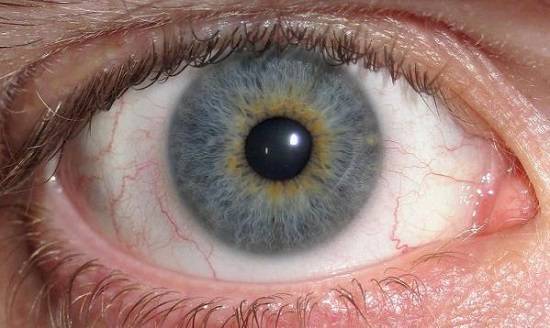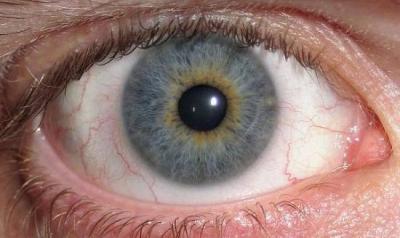An international team of researchers has found that individuals with unusually thin retinal layers are at a higher risk of developing bronchitis and other conditions later in life, suggesting that retinal screenings could eventually become part of routine health checks, according to New Scientist. The researchers had previously established links between retinal thickness and overall body health, but the new study results provide more details on how retinal examinations can predict future health risks.
Using data from 44,828 participants, the research team discovered that thin retinas are associated with an increased risk of eye, neurological, and cardiovascular diseases. Notably, this is the first study to find that thin retinas may increase the risk of developing a respiratory condition such as bronchitis or emphysema later in life.
The data were drawn from the UK Biobank, a large medical database featuring anonymized health and genetic details from approximately half a million individuals in the UK. The included retinal images were captured using a non-invasive procedure called optical coherence tomography. Eye doctors routinely use this technology to assess the severity of a patient’s eye conditions, including macular degeneration and glaucoma. The procedure captures information about the retina, which typically measures 0.5 mm in thickness, and its inner layers.
Nazli Zypardest from Harvard Medical School, one of the researchers, hopes that the study will ultimately expand the use of optical coherence tomography. Beyond providing details about the eyes, she wishes it to become a tool for delivering future health information about the entire body. She states that it would be "fantastic if a retinal image could indicate whether someone is at high risk for sleep apnea, or perhaps has a significant risk of developing diabetes in the future."
Anthony Khawaja from University College London notes that although the technology is exciting, it is still "very far" from immediate clinical application. Researchers remain uncertain about why retinal biology aligns with systemic health or the specific mechanisms that may lead to the associations observed in this and other studies. Zypardest and her colleagues, in their paper published in the journal Science Translational Medicine, point out that the lack of genetic diversity within the UK Biobank sample limits the general applicability of their findings, as 94% of the contributors to the database are of White European descent.
Dr. Zypardest expressed optimism about the study's implications, stating that researchers will need to conduct future studies that track individuals for years to determine whether thinner or thicker retinas indeed correlate with a higher risk for diseases such as heart disease or pneumonia. However, if such research confirms these hypotheses, retinal imaging could become a valuable, non-invasive tool for routine health screenings.




